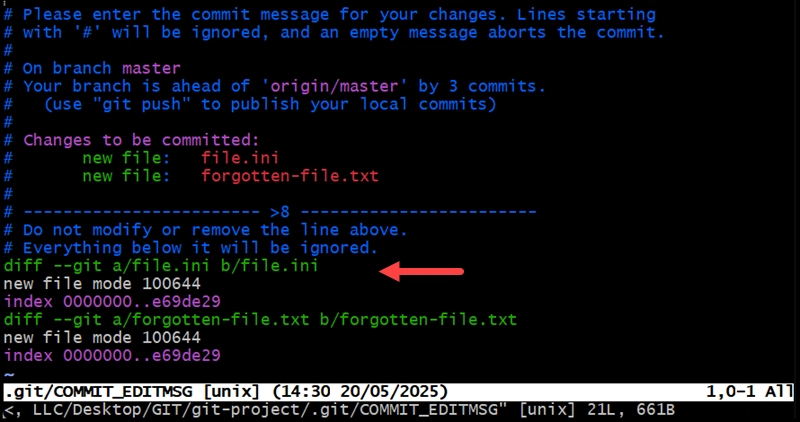Platform engineering is the backbone of modern software development, enabling organizations to deliver value faster while maintaining robust systems. This article dives into six core principles—Observability, Continuous Deployment, Self-Service, Compliance, Cost Management, and Security—that define successful platform engineering practices. By understanding and implementing these principles, teams can streamline workflows, reduce risks, and scale effectively in a competitive landscape.
Introduction
In today’s fast-paced digital environment, organizations must balance speed, stability, and scalability. Platform engineering bridges this gap by providing standardized tools and processes that empower developers. However, achieving this balance requires adherence to foundational principles. Let’s explore how these principles interlock to create resilient platforms capable of driving business success.
1. Observability: The Lens into System Health
What it is: Observability goes beyond traditional monitoring by providing deep insights into a system’s internal state through logs, metrics, and traces. Tools like Prometheus, Grafana, and the ELK stack enable real-time analysis.
Why it matters:
- Efficiency: Rapidly diagnose issues, reducing downtime.
- Reliability: Proactively detect anomalies before they escalate.
- Scalability: Monitor resource usage to optimize infrastructure as demand grows. Without observability, teams operate blindly, risking outages and inefficiencies.
2. Continuous Deployment: Automating Speed and Safety
What it is: The practice of automatically deploying code changes to production after automated testing. Tools like Jenkins, GitLab CI/CD, and Argo CD streamline pipelines.
Why it matters:
- Efficiency: Eliminate manual steps, accelerating release cycles.
- Reliability: Ensure consistent deployments with embedded testing.
- Scalability: Handle increasing deployment frequency without added overhead. Continuous Deployment turns agility into a competitive advantage.
3. Self-Service Functionality: Empowering Developers
What it is: Platforms that allow developers to provision resources (e.g., databases, environments) autonomously via APIs or UI tools like Kubernetes and Terraform.
Why it matters:
- Efficiency: Reduce dependency on ops teams, cutting wait times.
- Scalability: Enable teams to grow without operational bottlenecks.
- Innovation: Free developers to focus on code, not infrastructure. Self-service fosters a culture of ownership and speed.
4. Compliance and Governance: Scaling Responsibly
What it is: Automated enforcement of policies (e.g., data residency, access controls) using tools like Open Policy Agent and audit trails.
Why it matters:
- Reliability: Avoid legal penalties and breaches through consistent policy application.
- Scalability: Maintain compliance even as systems expand globally.
- Trust: Demonstrate adherence to regulations like GDPR or HIPAA. Governance ensures growth doesn’t compromise integrity.
5. Cost and Sustainability: Balancing Economics and Ethics
What it is: Optimizing resource usage (e.g., auto-scaling, spot instances) with tools like AWS Cost Explorer or Kubernetes’ vertical pod autoscaling.
Why it matters:
- Efficiency: Eliminate waste in cloud spending.
- Scalability: Align costs with usage patterns.
- Sustainability: Reduce carbon footprints through efficient resource allocation. Cost management isn’t just frugality—it’s a commitment to long-term viability.
6. Security: The Foundation of Trust
What it is: Integrating security into every layer (code, infrastructure, data) via DevSecOps practices, vulnerability scanners, and secrets management tools like HashiCorp Vault.
Why it matters:
- Reliability: Prevent breaches that disrupt operations.
- Compliance: Meet regulatory requirements.
- Trust: Protect user data and brand reputation. Security is non-negotiable in a threat-laden digital world.
Conclusion: Synergy for Success
These principles are interdependent. Observability informs cost optimization; self-service relies on security; compliance aligns with sustainability. Together, they create a platform that’s greater than the sum of its parts—enabling organizations to innovate fearlessly while maintaining operational excellence.
Key Takeaways
- Observability is critical for diagnosing issues and maintaining system health.
- Continuous Deployment accelerates delivery while ensuring quality.
- Self-Service reduces bottlenecks and empowers developer productivity.
- Compliance and Governance mitigate risks as systems scale.
- Cost Management ensures economic and environmental sustainability.
- Security must be ingrained at every layer to protect assets and trust.
By mastering these principles, platform engineering becomes a strategic enabler, turning technical excellence into business success. 🚀



